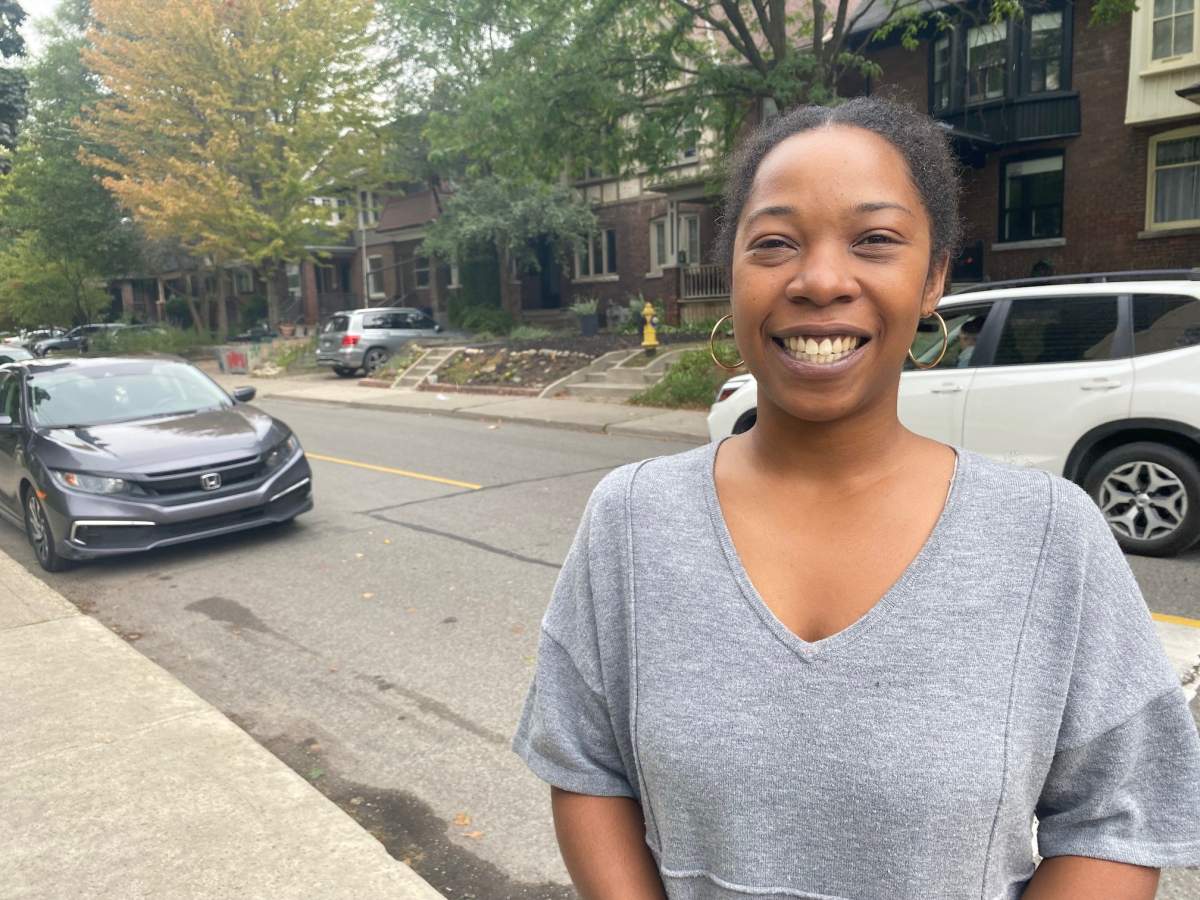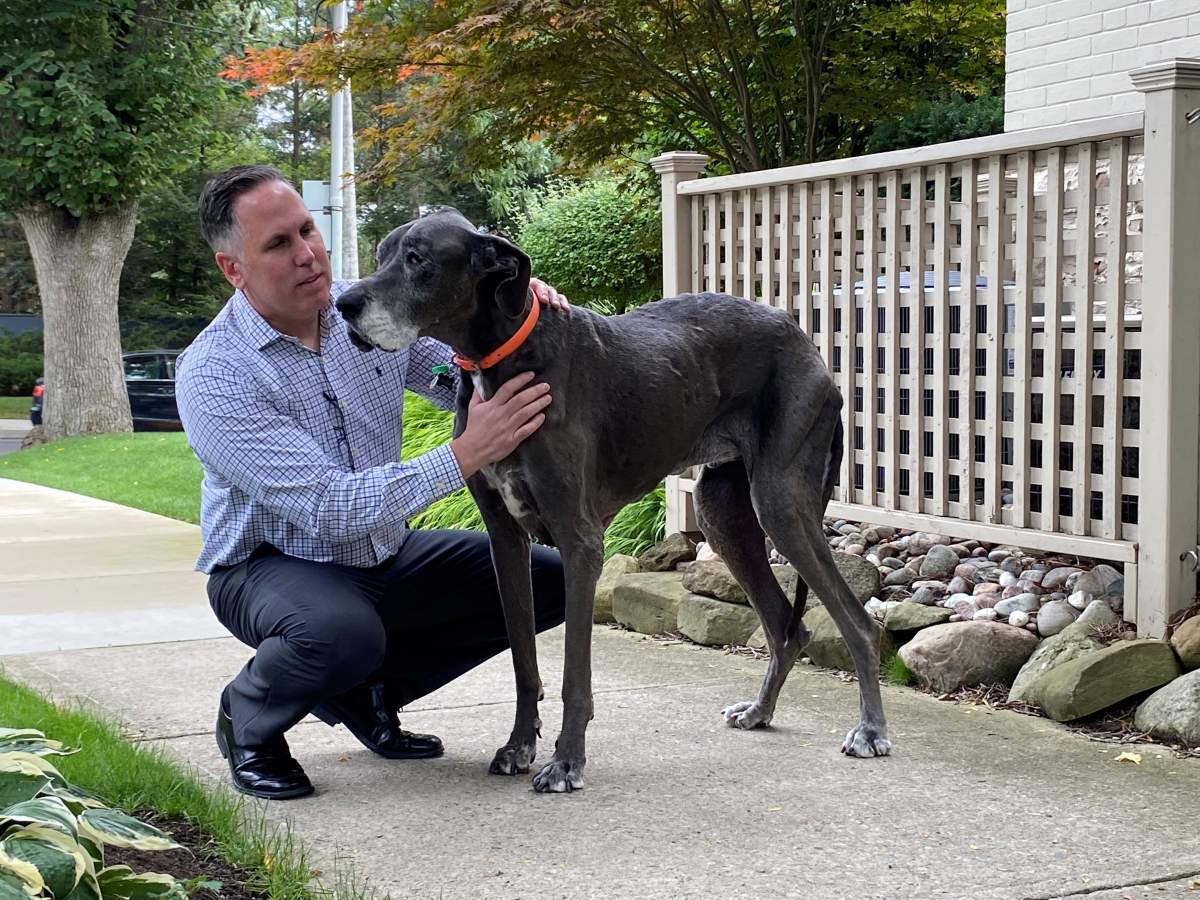More than two dozen candidates have registered to challenge John Tory in the race to become Toronto’s next mayor, but this municipal election, like others before it, heavily favours name recognition making the fight to stand out, let alone win, all the more difficult.

As Tory continues his bid for a third term leading the city, 30 other candidates are seeking to replace him. Urbanist Gil Penalosa has made some headway establishing himself as a prime contender, with a combination of intriguing platform announcements and a team behind him that includes political staffers from city hall.
But more than two dozen other candidates face a daunting and often frustrating fight for oxygen and they strive to sway voters ahead of the Oct. 24 vote.
Policy analyst Chloe Brown said she is aware of the odds against her, but still felt it was important to put her name on the ballot. Brown said she was swayed to register on the final day of eligibility because she was unsatisfied with what she had heard from other candidates, specifically messages geared towards working-class residents.
She said the tone of the campaign trail has so far been catered heavily to the middle class. “Working-class people are the people that are suffering and if I can actually talk about that and take away from left-wing and right-wing politics, then I’m willing to do that,” she said.
“The stakes are so high that I couldn’t afford to just stay in my quiet five-figure life and watch as someone else messed something up,” said Brown, “I really felt like I needed to do something because it’s my duty as a citizen.”
Another contender trying to break onto the scene is Blake Acton, a retired 30-year veteran of the Toronto police. Acton said under Mayor John Tory’s leadership, the city has declined.

Get breaking National news
“It’s riddled with crime now, and we’ve got filthy streets — there’s so many issues that have come up in the last eight years,” he said. Acton said taxpayers need to be respected and is keen to give out his phone number to voters to reach residents directly.
Acton said he would push to have the controversial tactic of police carding reinstated as a means to bring down the crime rate. “I’m not ashamed to say that’s the first thing I will encourage to have reintroduced,” he said.
When asked about how carding saw police disproportionately stopping people of colour, he said there are “good apples and bad apples” in every organization and programs that work shouldn’t be stopped.
“We can alter the way it’s been exercised,” he said. “Police officers don’t target a colour, police officers target where the crime is.”
While Acton has made some headway in getting some press coverage since registering in May, he said he was frustrated others haven’t engaged his campaign and are favouring Tory’s campaign. Still, he said he’s made thousands of positive interactions campaigning and is confident he will have a breakthrough at the polls.
“I’ve spoken to thousands, tens of thousands of people now and they all say they’re voting for Blake Acton,” he said “I think there’s a silent majority vote out there.”
But Myer Siemiatycki, professor emeritus at Toronto Metropolitan University’s department of politics and public administration, said new contenders face a nearly impossible task of ousting an incumbent mayor.
“There’s a reason that they’re generically referred to as ‘also rans,’ because they also ran but really from the outset didn’t have much of a shot or a chance of getting their message out there or getting votes,” he said.
Siemiatycki said he didn’t want to minimize the efforts of those stepping forward, but was more of a reflection of how difficult it is for an unknown to break into the political arena — especially when running for municipal leadership, he said, which typically sees name recognition in incumbents heavily favoured.
“I would say it’s impossible to be a truly informed voter at a municipal level,” he said, especially for candidates without a known profile.
“It’s like looking at a telephone book and randomly pulling names out of that book and thinking, ‘Well gee, would I vote for them?'” Siemiatycki said.
The same challenge exists for those with funding an organization behind them. During the 2018 Toronto election, Toronto’s former chief city planner Jennifer Keesmaat established herself as the prime contender to take on team Tory. But even with the might of the progressive voting machine and its money, Keesmaat still finished second, more than 300,000 votes behind Tory.
“The challengers who enter a municipal race without a pre-existing profile are, well, they’re almost certain of one thing: they’re not going to win.” said Siemiatycki.










Comments